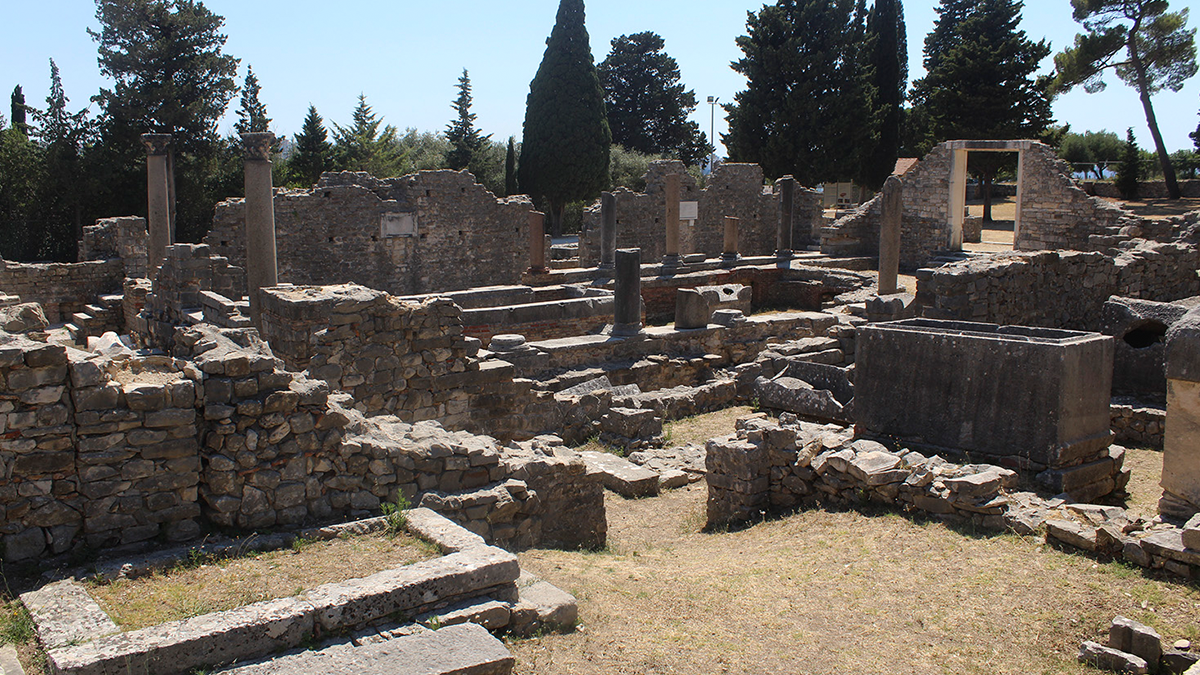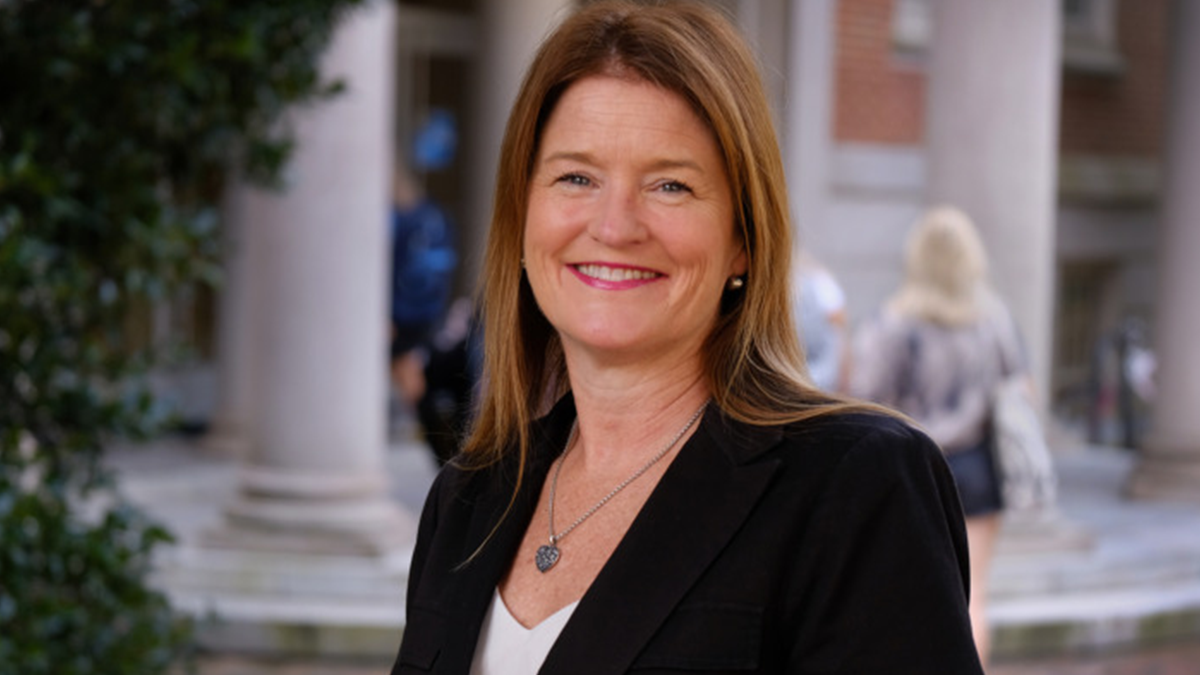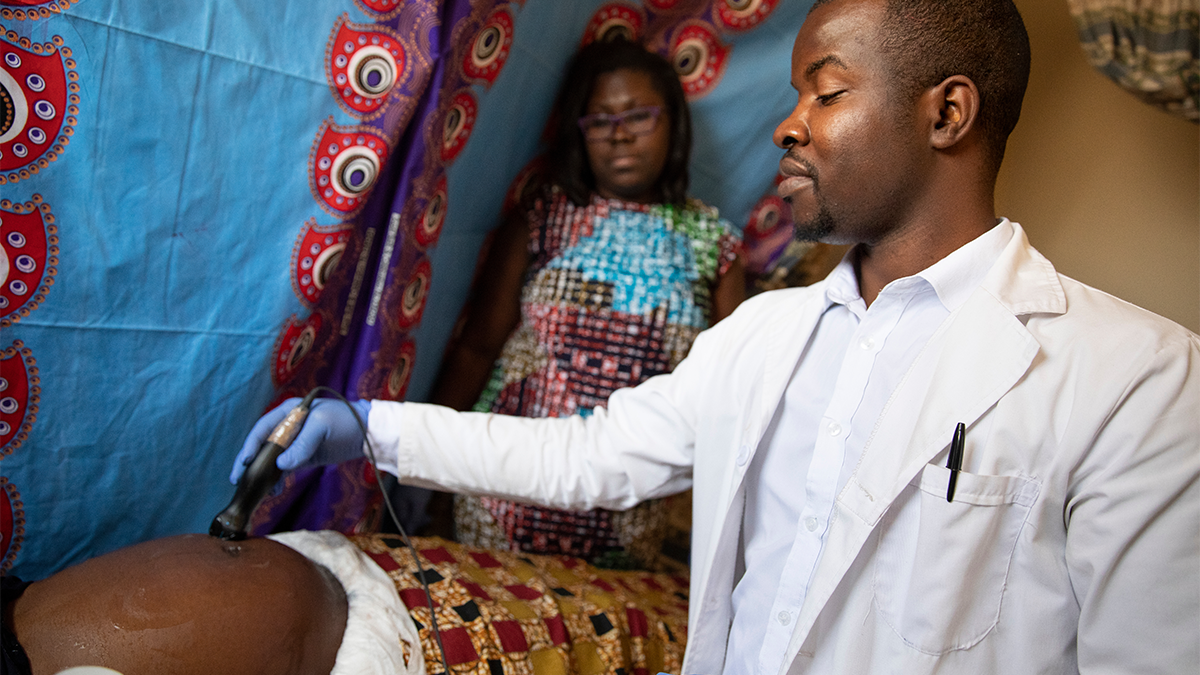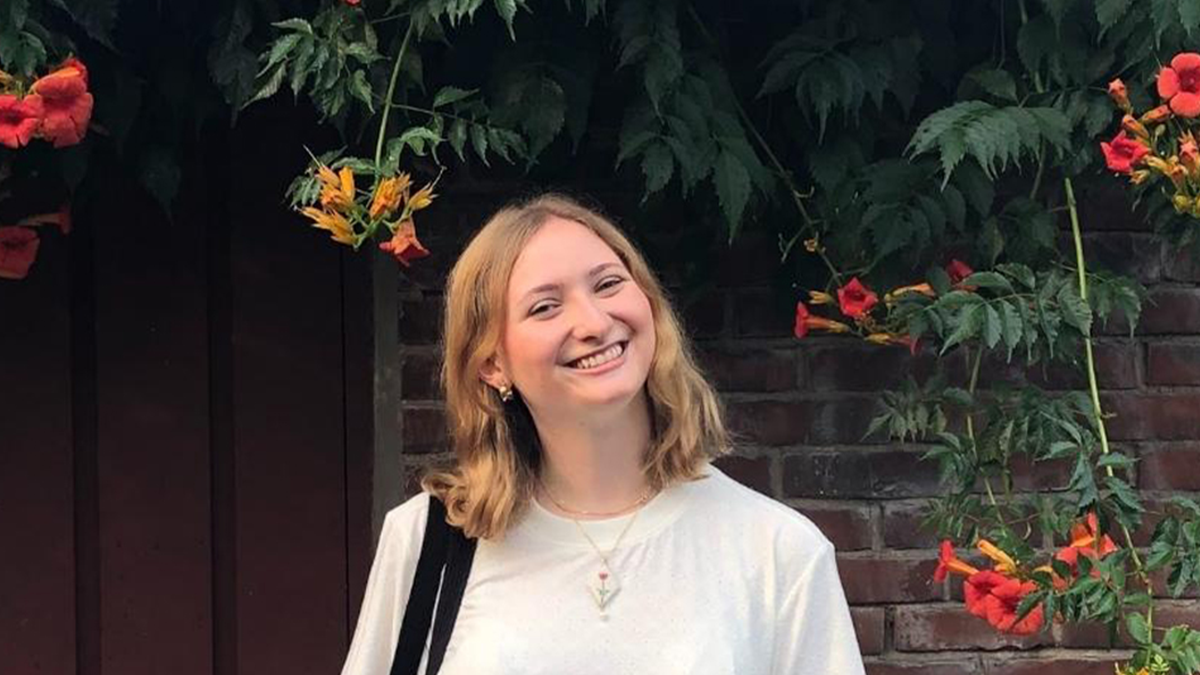Bridging Music and Language
Published on June 11, 2021A Carolina alumnus applies his experience with Chinese folk music to the UNC World View Fellows Program, providing K-12 and community college educators with global professional development opportunities.
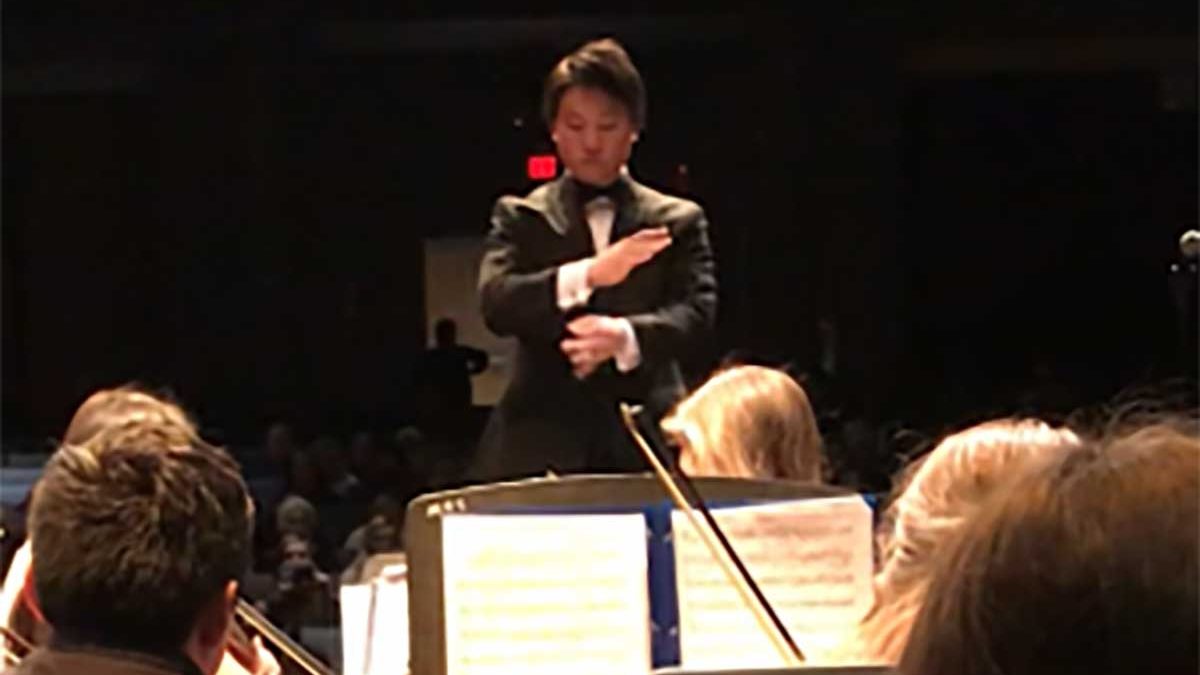
A Carolina alumnus applies his experience with Chinese folk music to the UNC World View Fellows Program, providing K-12 and community college educators with global professional development opportunities.
During Will Jung’s first semester in the UNC School of Education, he was assigned to work with a student, who was an English language learner, in the band program at Culbreth Middle School in Chapel Hill. The language barrier between them meant that Jung had to find a different way to teach the lesson.
“That was very eye-opening and a very rewarding experience to mostly communicate through gesture and sound rather than just language,” said Jung, who graduated with a major in music education and a minor in Chinese in 2014. It was the first of many experiences connecting cultures through music, something he now does regularly in his job teaching orchestra and Chinese at Millbrook High School in Raleigh.
Jung was born in the United States and spent the first four years of his life in China. After his family moved to Fayetteville, Jung began to play trumpet in middle school, and later joined the high school marching band, which inspired him to pursue a career in music education.
“There’s something about marching band that brought out the very best in every single aspect of me – discipline, attitude and pride in my school,” Jung said. “[Education] allowed me to apply music in a way that I never thought I would be able to.”
After graduating from Carolina and working locally as an elementary and middle school music teacher for a year, Jung had the opportunity to blend his skills in music and Chinese through the Drum Corps International China Fellowship, which had established a program to bring the marching arts to China. Jung spent two years teaching marching band in China at 10 different schools.
“We basically started a band culture from scratch,” he said.
When he returned to North Carolina, Jung began a position as a Chinese and orchestra instructor at Millbrook High School. His experience in both areas allowed him to incorporate global education into his orchestra classes and bring a unique perspective to his Chinese classes.
Jung and his family traveled to China yearly throughout high school.
“There’s so much deeply rooted in the culture,” he said. “Having that experience, I’m able to explain a lot of the culture, the history… I think it’s more authentic for my students to know the history of proverbs, rather than just learning characters and sentences.”
In his orchestra classes, Jung incorporates Chinese folk music into his lessons in addition to traditional classical music. This can be challenging at times, since folk songs are usually passed down through oral rather than written tradition. However, Jung uses music notation software to write pieces from memory if they cannot be located and puts the pieces out on music stands for his students to read and play.
“It’s very rewarding being able to give them that experience,” he said.
This past year, Jung applied his experience with Chinese folk music to the UNC World ViewOpens in new window Fellows Program. UNC World View is a public service program at UNC-Chapel Hill that provides K-12 and community college educators with global professional development opportunities. Each year their Fellows Program explores a theme or issue related to global education and selects a cohort of teachers to create lesson plans.
Jung helped devise a lesson that analyzed the lyrics of the songs to see how folk music from China and the United States have similar messages, such as sense of home, longing or adventure. The experience led him to think about folk music globally.
“I look at folk music as the most authentic form of a nation’s culture, as the purest form,” Jung said. “And since they talk about the same things, it makes me view humans and societies all around the world as more similar than what we think.”
Written by Katie King ’15

